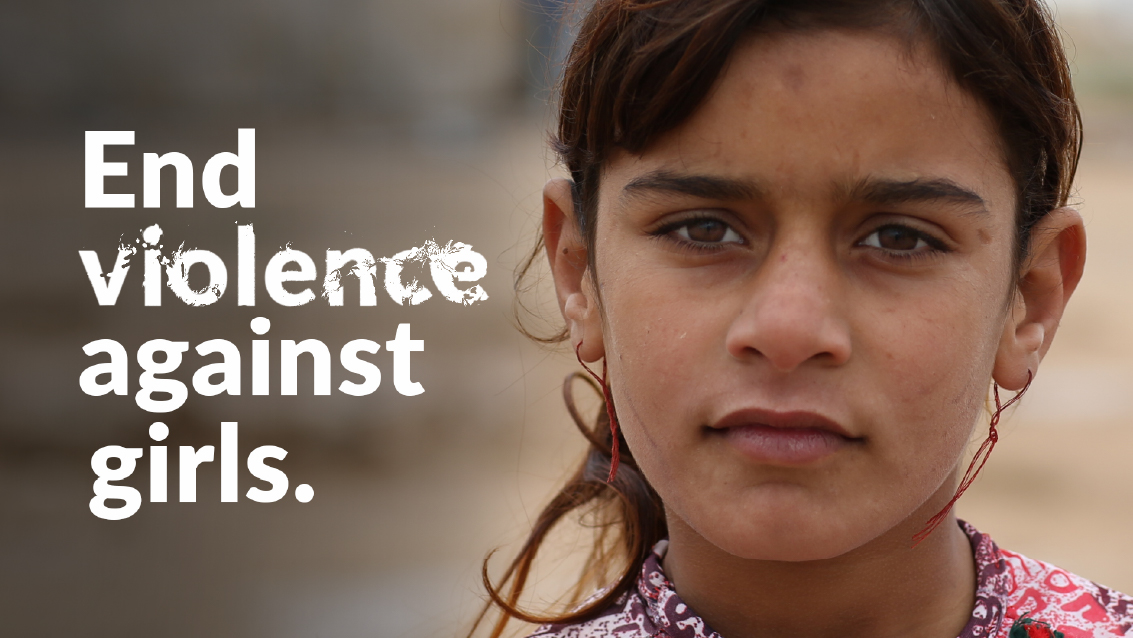 Pauline at her university.
Pauline at her university.
“I grew up in a village in Turkana county, Kenya with my humble nomadic family of six siblings. I am the only one [in my family] who has risen to a height, education-wise.
“Nomadism is the dominant culture here. Men are empowered with all the decision-making while women are voiceless and obliged to be submissive. Girls are denied rights to education as it’s not considered important. They are also measures and sources of wealth. In their early teens, girls are subjected to harsh and cruel cultural practices in the name of training to be better housewives.
“My father enrolled me in school to undertake my primary education. Before free primary education was introduced in Kenya, the majority of parents could not afford to pay school fees, including my dad. After two years, primary education was made free but it was the parents' duty to provide uniforms and equipment for their children. This was unaffordable and created another barrier for parents to provide education for the children.
“Fortunately, World Vision sponsorship came in at the perfect timing. Child Sponsorship relieved a great burden on many parents. I received school uniforms, books and mosquito nets throughout the primary level. I wish I could thank my sponsor for playing a pivotal part in my life.
And looking back, I don’t see any other way I'd have made it without World Vision’s support. I am forever grateful.
“Today, I am doing my PhD research programme on flooding and erosion control in informal settlements using Nature-Based Solutions. I believe that there is a bright future ahead, not only for me but also for my community and country. I would advise young girls in nomadic communities to never give up no matter the challenges they go through - as there is always a light at the end of the tunnel.”


